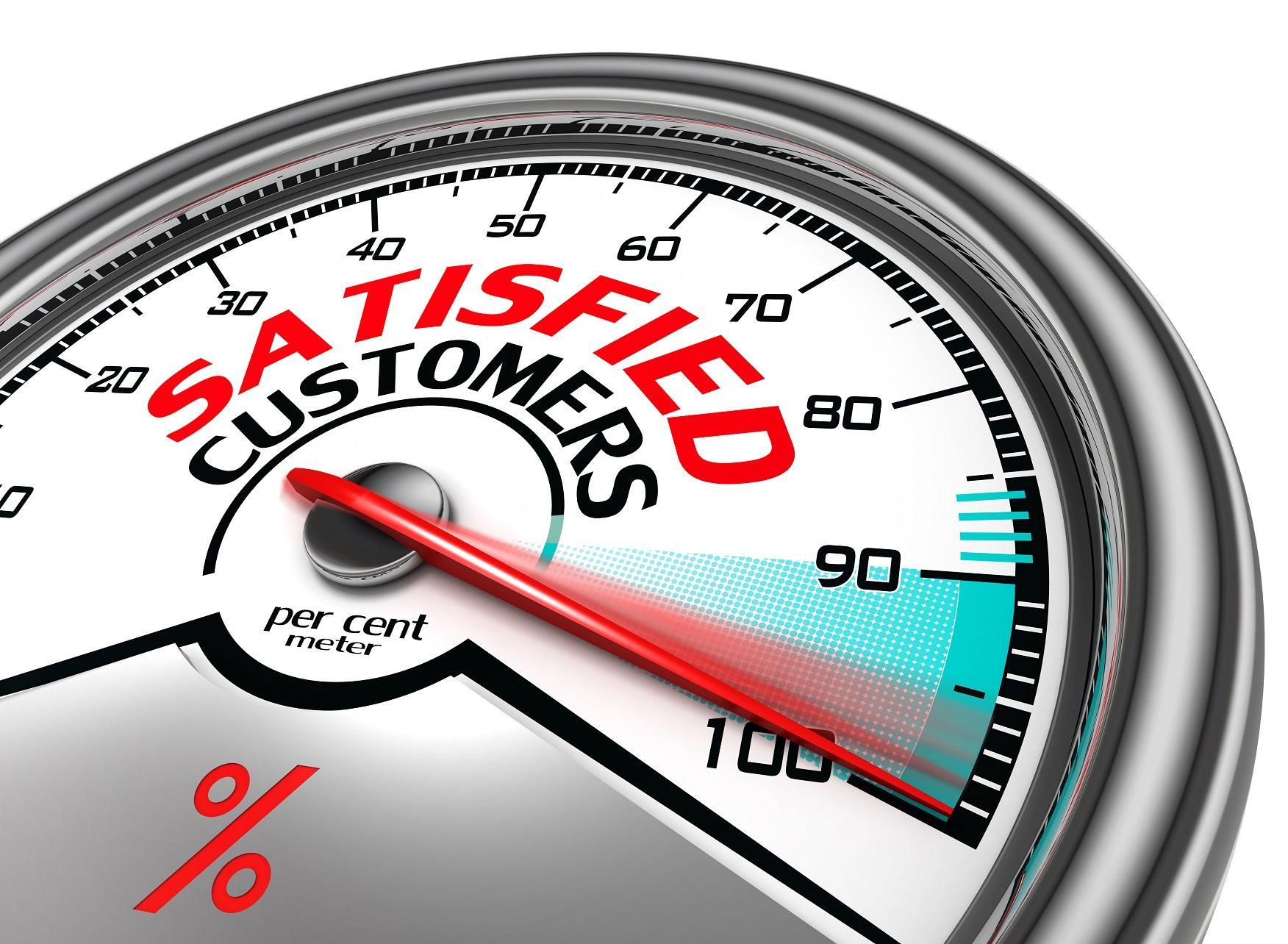Contact validation is commonly used to prevent fraud and build businesses. The business case for contact validation is well established, and these tools are essential to protect and build your business. However, did you know that your customers benefit from validation, too?
For example, showing your customers that they are protected reassures them, builds your credibility, and is helpful to both the sale and future visits. No one wants to be vulnerable to identity theft. No one wants their name spelled incorrectly and their packages shipped to an incorrect address.
 So, is contact validation really a selling point? You bet it is! Below are five reasons why your customers will thank you for using contact validation:
So, is contact validation really a selling point? You bet it is! Below are five reasons why your customers will thank you for using contact validation:
1. Form validation protects customers and non-customers against identity theft and fraud. Most businesses first explore form validation as a means of protecting themselves from fraud. According to Javelin Strategy & Research’s 2014 Identity Fraud Report, credit and debit card fraud was an $11 billion problem for merchants in 2013. Individuals are concerned as well. After all, it’s their identities and credit and debit cards that are being stolen.
Whether someone is a customer or not, form validation protects an innocent party from identity or fraud theft should a fraudster enter your form or checkout processes. Form validation services can check the shipping and billing addresses against IP address and phone number, which can thwart criminals from placing orders.
Telling your customers and prospects that you perform contact validation can eliminate consumer fear and boost your credibility.
In addition, should your security be breached or your contact / customer information stolen, your system will not allow any customer information to be changed without sending warning flags. Form validation can serve as a second line of defense should a breach occur.
2. Address verification helps ensure faster shipping and guaranteed delivery. Fast shipping is a must in the era of mega-retailers that offer same day deliveries and free two-day shipping. Today’s customers expect to receive their packages right away and have little patience for shipping delays. At the same time, you want your package to arrive safely in order to reduce the likelihood of lost merchandise, cancellations, or additional shipping costs.
Address validation helps to ensure that your customers get their packages when promised — even if the customer inadvertently transposed a number or misspelled a street name in the shipping address. If the package doesn’t arrive, guess who the customer will blame despite their own data entry mistake?
By verifying addresses at the point of entry, you can correct incorrect address information, make sure the address conforms to US Postal Service standards, and ensure that the address is deliverable. Address verification is a valuable customer service tool that prevents unnecessary shipping delays and undeliverable packages.
Being able to accurately verify addresses, delivery dates, and delivery times from a perfectly standardized address demonstrates that you know what you are doing and are operating an efficient business. Instead of immediately blaming you when a package doesn’t arrive as expected, your customers may realize that the package may have been delivered (after all, your system verified and, even corrected, the address) and someone on their end may have forgotten to pass it along.
3. Name validation helps you to get your customers name right. A sure-fire way to offend someone is to spell his or her name wrong. Another way to offend someone is to assume you know his or her gender based on a first name.
For example, Pat, Chris, J.C, Dana, and Val could be men or women. It’s hard to tell based on names alone. Guessing could be a disastrous mistake.
If you offer gender-specific products, name verification tools can help you filter names that aren’t gender specific. Make sure you have your customer’s gender correct or neutralize your messaging, but never guess.
Getting your customers names and genders right helps to avoid offending them. It also helps them to feel valued and as if you know them. Even when doing business virtually, customers want personal service. They’ll return to businesses where they feel known and valued. Name validation can help you to build loyalty.
4. Email verification ensures timely communications via email. It’s not just about shipping packages; it’s also about communicating. Airplane flights, package delivery notifications, service notifications, event invitations, and other alerts all arrive via email. What happens if a customer accidentally forgets the dot before the “com” in their email address? What happens if a customer enters “gnail” instead of “gmail” in a gmail address? Your email messages will never arrive. Email verification checks the syntax, removes extraneous letters, and fixes common typos in level 1 domains.
Timely email notifications are as important as timely package delivery. Impress your customers with effective use of emails – they’ll thank you for it!
Email verification also helps detect possible fraud. For example, if a fraudster attempts to use a customer’s data but enters a bogus, catch-all, or disposable email address, warning flags will be raised. Your customers may never know about fraudulent attempts, but they’ll benefit nonetheless because of the extra security measures you have in place to protect them.
5. Demographic data helps customers receive customized product and service opportunities. Demographics targeting can be a valuable tool for businesses and customers alike. Using demographic data to match products and services to prospects is a fantastic way to build your business and help your customers to feel valued and known. Customers appreciate receiving relevant offers. Sending accurate, specific alerts about products and services to those who want, need, or would benefit from them isn’t just about increasing your sales; it’s also about connecting with them. Demographic targeting allows for greater personalization.
In addition to recommending products based on your customers’ interests, past purchases, location, and other demographic details, you can also promote content that speaks to your customers. If your content speaks to your customers, it probably also speaks to their friends. Thus, they may share your offers, helping to build your business through word of mouth.
Use demographics to dive deep into your customer database to spot trends that can help you focus on what your customers want and need. Look at age, gender, and income to discover what drives purchases in your sales area. Determine what to write about and what products and services to offer by evaluating news stories in conjunction with your demographic data.
Contact validation is just as important to your customers’ experiences with business as it is to internal protection and growth efforts. With the right contact validation tools in place, you’ll protect your customers from fraud, ensure prompt package and email delivery, build loyalty, and understand who your customers are. Everyone wins, and your customers will thank you for it.












